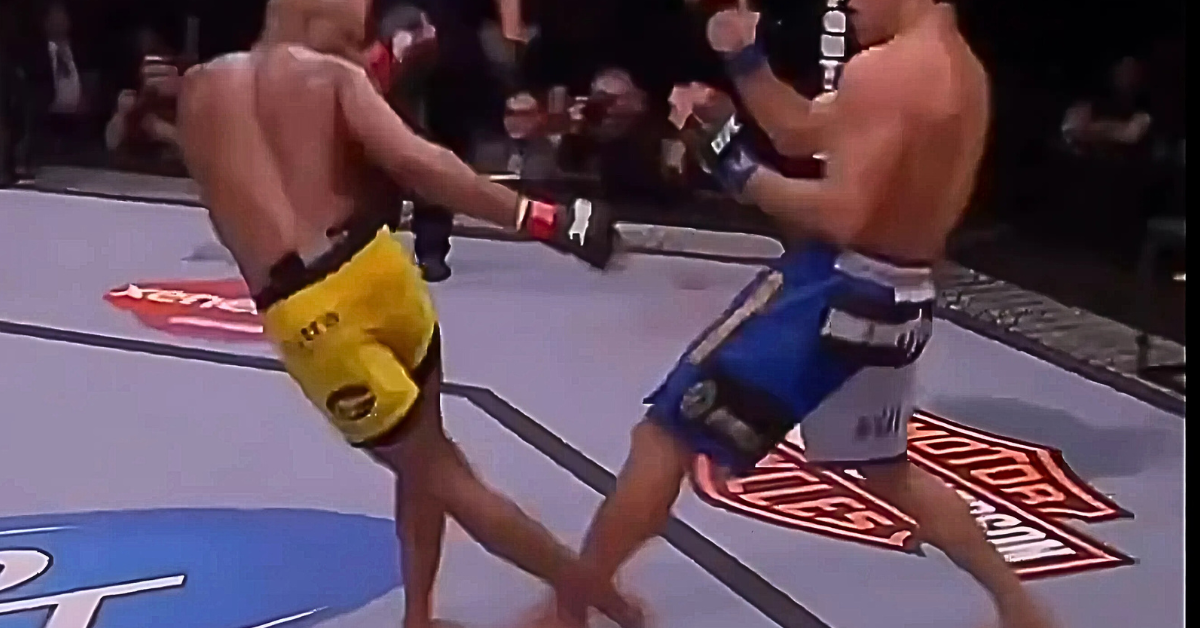
The rabona kick is a unique and flashy technique that has made its way from football into combat sports like MMA and kickboxing. Originally a football move, the rabona involves kicking the ball by wrapping the kicking leg behind the standing leg. In martial arts, this unorthodox kicking method has been adapted to strike opponents in surprising ways.
The Rabona Kick
In MMA and kickboxing, the rabona kick is not a commonly used technique, but it has been employed by some creative fighters to catch their opponents off guard. The kick’s unusual motion can make it difficult for opponents to read and defend against. If you like this style of kick then you might love rabona betting right here.
While the rabona kick can be visually impressive and potentially effective when executed properly, it’s generally considered a high-risk, low-percentage technique in combat sports. The complex motion required to perform the kick can leave the fighter off-balance and vulnerable to counterattacks. Additionally, the kick may not generate as much power as more conventional striking techniques.
The rabona kick is an extremely rare and unorthodox technique in MMA, and there’s no widely accepted best time to use it. The rabona kick could potentially be used when an opponent has become complacent or predictable in their defense. The unusual motion might catch them off guard. If an opponent is consistently blocking or countering your standard kicks, a rabona kick might offer an unexpected angle of attack.
Fighters like Anthony Pettis, Anderson Silva, or Yair Rodríguez are known for their creative striking, and while they might not perform a literal Rabona Kick, their unorthodox styles show how flashy moves can disrupt an opponent’s rhythm. Similar kicks are rooted in traditional martial arts like Capoeira and Taekwondo, both of which emphasize creative and acrobatic striking. In Capoeira, movements often involve deceptive legwork that can resemble a Rabona-style kick
Most MMA coaches and fighters would likely advise against using such a technique in a real fight scenario. Instead, they would recommend focusing on mastering fundamental striking techniques that have proven effective in MMA, such as the roundhouse kick, low kick, or front kick.
For example, in his fight against Thales Leites at UFC 97 in 2009, Anderson Silva performed the rabona kick, but it was more of a showboating move than a serious attempt to strike his opponent. Silva’s use of the rabona kick and other unusual techniques in this fight was seen as disrespectful to his opponent. Rather than attempting to finish the fight, Silva appeared to be more interested in showboating.
The rabona kick, which originated in football, was one of several unorthodox techniques Silva employed during this fight. However, his use of these flashy moves was widely criticized by fans and commentators. The fight was considered extremely disappointing, with Silva’s performance being described as lackluster and left many bettors using services like rabona betting disappointed.
Fashy moves like the rabona kick, while visually impressive, often don’t meet effective striking criteria and could put a fighter at a significant disadvantage if attempted in a competitive bout.


 Romeo (@Sir_Cut_Em_Up)
Romeo (@Sir_Cut_Em_Up)